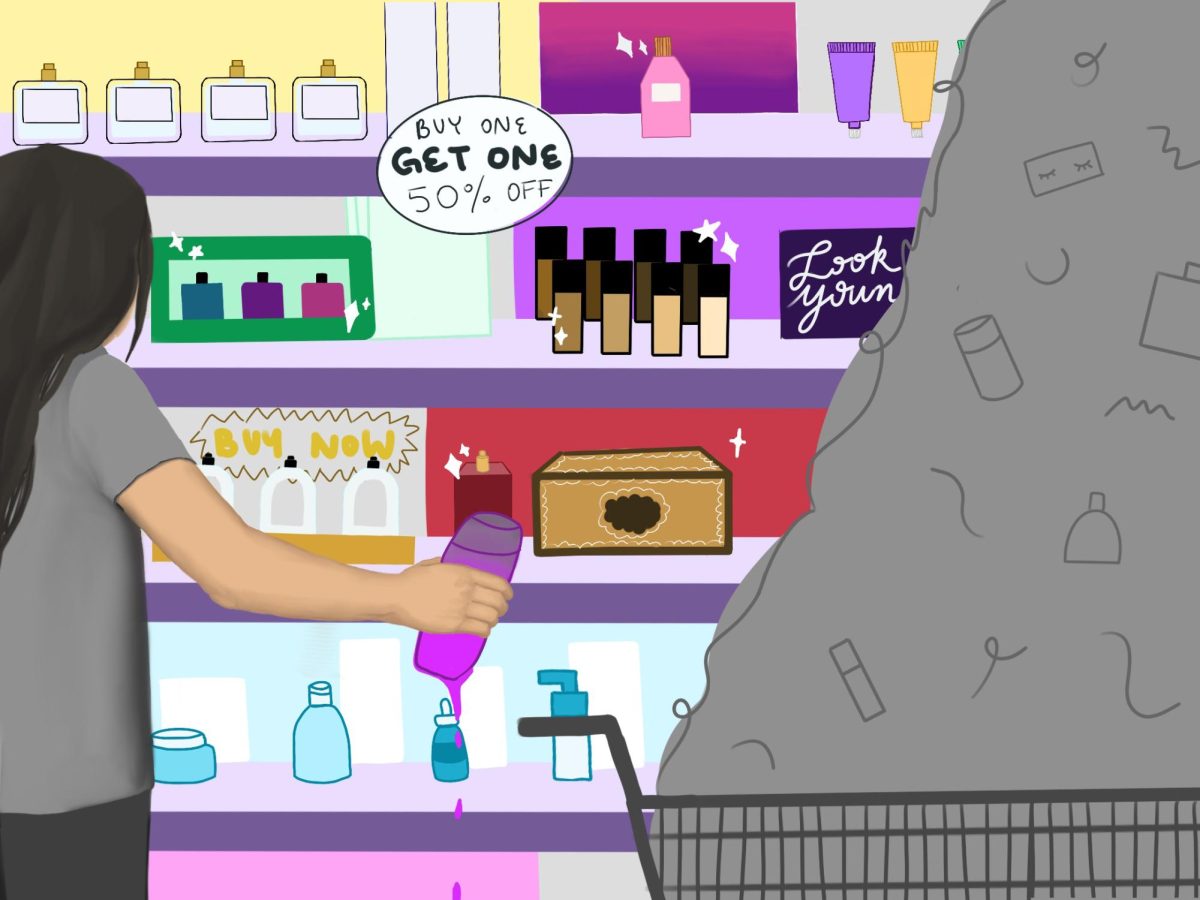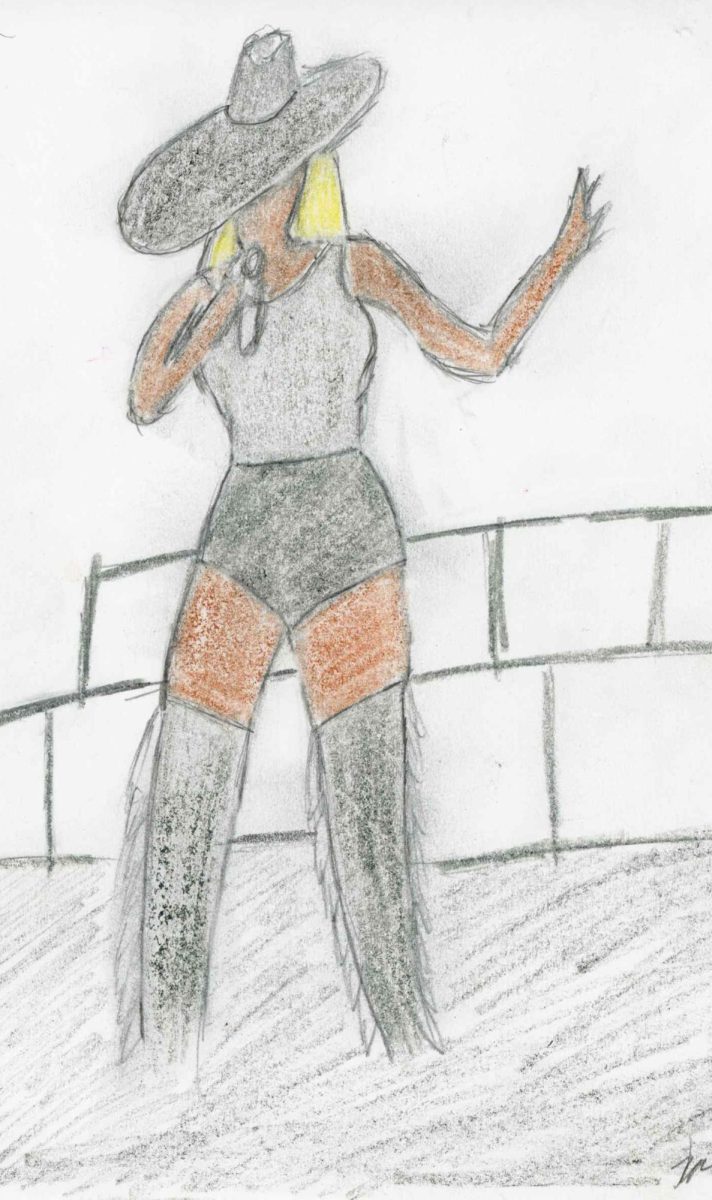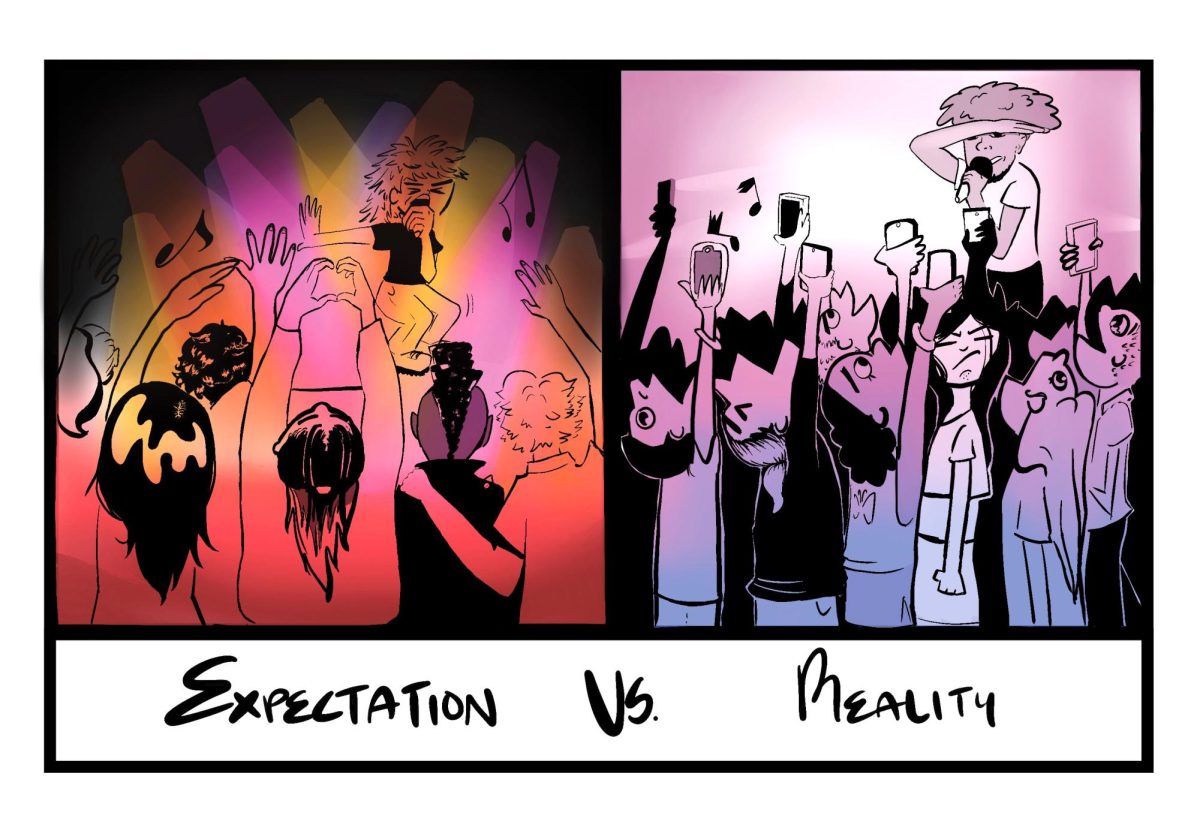By Diamond Victoria
Arts & Culture Editor

High cable and satellite prices are the bane of couch potatoes around the world. Cable and satellite companies have been profiting from fine-print fees in contracts for years. Luckily, however, there has been a steady rise in web-based streaming platforms, which provide the same content at a lower price with clearer terms and conditions.
Companies such as Hulu, Netflix and Amazon Prime are among these web-based streaming providers. And each showcases a treasure trove of TV shows and films, all available at the click of a button.
These platforms are consumer-friendly and the obvious choice for anyone wanting quality service, tailored content and a certified case of Mad Men marathon madness.
The Federal Trade Commission recently filed a complaint against satellite pay provider DIRECTV for deceptive advertising. “It’s a bedrock principle that the key terms of an offer to a consumer must be clear and conspicuous, not hidden in fine print,” according to FTC Chairwoman Edith Ramirez, in an article for time.com.
I have fallen victim to these hidden fees. I’ve been suckered into purchasing cable packages I do not need. I’ve flipped through endless channels wondering why I’m paying for reality shows like “16 and Pregnant.”
That is precisely why I switched to Netflix for my binge-watching, night-in shenanigans.
For $8 a month, I don’t have to deal with pushy salespeople on the phone or fork over an excessive amount of money for stations I have no interest in. Sure, cable television provides you with up-to-the-minute news reports, live shows and the latest episode of Sherlock, but can’t the Internet do the same thing? And don’t get me started on sitting through Prozac, toilet paper and yogurt commercials every five minutes.
Apple recently formed an exclusive partnership with HBO, which caused news of Apple’s plans for a web-TV service to surface. According to an article in The New York Times, the service will offer smaller, cheaper bundles than typical cable subscriptions, with monthly payments around $30. Sounds like a pretty good deal for those of us with just a little change in our pockets.
It’s not all sunshine and moonbeams, though, especially when I finally have time to watch all of the old Charlie Chaplin films lined up in my queue, only to find Netflix removed them two days earlier. Contracts expire, the rights become more expensive, paradise is lost and so on.
But with more than 9,000 titles in Netflix’s catalog, I can’t really complain. I mean, sure, there are still a lot of titles I swipe through that I have no interest in. Or if I do find myself reluctantly hovering the cursor over “play now,” I may end up disappointed later. But let’s get back to those hidden fees.
DIRECTV plans to require you to pay for two years of its service or wind up with a cancellation bill of $480, according to time.com. The $19.99-a-month price advertised to draw in unsuspecting customers significantly increases after the first year. What happens after that first year?
The FTC said DIRECTV does not clearly state its package will increase per month after the first year. On the other hand, I have spent some time on Netflix’s website searching for any fine print, hidden fees or any other hard-to-reach information I may not have noticed. Want to guess what I found?
Nothing.
No vague fees, no contracts, and I can cancel at any time.
It’s the hidden gems that keep me coming back to Netflix. It’s the niche documentaries, film noirs and old Universal Studios monster flicks that excite me. I’ve always held a taste slightly different than most of those my age, but I still feel mainstream TV and cable companies are entering our homes and emptying our pockets.
They’re poisoning and manipulating audiences, and it’s about time we moved on.






